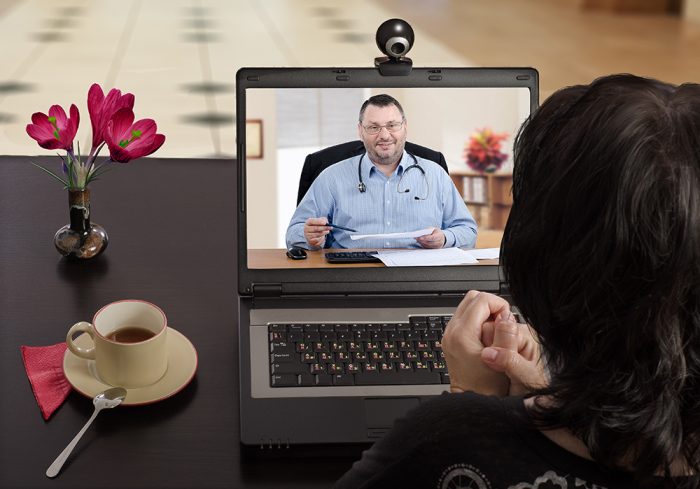Earlier this month the Drug Enforcement Agency (DEA) issued a Notice of Proposed Rulemaking (NPRM) for Special Registrations for Telemedicine and Limited State Telemedicine Registrations. DEA is seeking public comment by March 18, 2025.
RCPA is considering whether it will submit comments. If you have comments about the proposed rule that you would like to make part of any RCPA response or if you would like to discuss the proposed rule, please contact RCPA SUD Treatment Services Policy Director Jason Snyder.
The NPRM introduces three types of Special Registrations for Telemedicine:
- A Telemedicine Prescribing Registration, authorizing qualified clinician practitioners to prescribe Schedule III-V controlled substances via telemedicine;
- An Advanced Telemedicine Prescribing Registration, authorizing qualified, specialized clinician practitioners (i.e., psychiatrists, hospice care physicians, physicians rendering treatment at long-term care facilities, and pediatricians for the prescribing of medications identified as the most addictive and prone to diversion to the illegal drug market) to prescribe Schedule II-V controlled substances via telemedicine; and
- A Telemedicine Platform Registration, authorizing covered online telemedicine platforms, in their capacity as platform practitioners, to dispense Schedule II-V controlled substances. To satisfy the statutory requirements, DEA would also require the special registrant to maintain a State Telemedicine Registration for every state in which a patient is treated by the special registrant, unless otherwise exempted. The State Telemedicine Registration would be issued by DEA, not the states, and operate as an ancillary credential, contingent on the Special Registration held by the special registrant.
Public comments are also requested on additional patient protections for the prescribing of Schedule II medications by telemedicine, including:
- Whether the special registrant should be physically located in the same state as the patient being prescribed Schedule II medications;
- Whether to limit Schedule II medications by telemedicine to medical practitioners whose practice is limited to less than 50 percent of prescriptions by telemedicine; and
- The appropriate duration needed for the rules’ provisions to be enacted.
The special registration rule will also require the establishment of a national prescription drug monitoring program (PDMP) to help the health industry protect against abuse and the diversion of controlled substances into the illegal drug market. A national PDMP will provide pharmacists and medical practitioners with visibility of a patient’s prescribed medication history.














